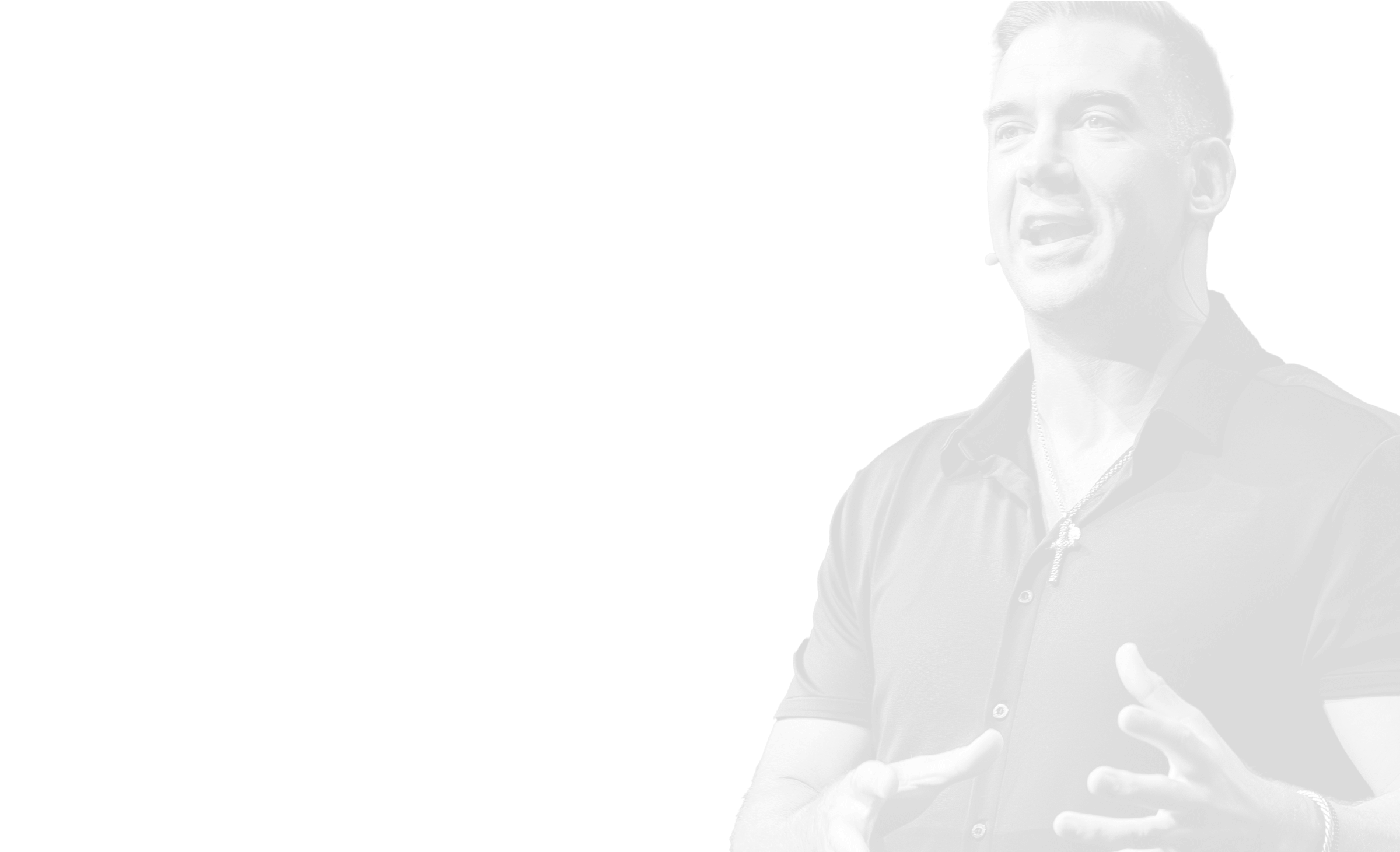It’s time to think about risk-taking.
In the business world, you hear much advice about how vital it is to take risks to achieve your goals. About how taking a leap of faith will be the key to living the life of your dreams. But what if that’s not always the case? What if that approach to risk-taking doesn’t tell the whole story? What if every decision we make isn’t actually a “make or break” situation that will change the course of our lives forever?
The truth is that — unless you hit the lottery — the road to success rarely goes by one decision. Following it requires a thousand seemingly small choices. This mindset shift is SUCH a game-changer, and my guest helped open my eyes to it during our conversation.
In this episode of The School of Greatness, Sukhinder Singh Cassidy joins me to discuss how to build long-lasting wealth, rethink risk-taking, handle failures, and so much more. I’m excited to share this one with you all and think it will help you better understand how to apply Sukhinder’s abundance mindset to your own life. So if you’re ready, let’s get started!
Who Is Sukhinder Singh Cassidy?
My guest today is Sukhinder Singh Cassidy. She has an undergraduate degree from the Ivey School of Business Administration at the University of Western Ontario, Canada. For more than 25 years, she’s been a leading tech entrepreneur and CEO who’s grown, scaled, and advised for companies like Google, Amazon, and more. She’s currently the Founder and Chairman of theBoardlist, a talent marketplace focused on putting diverse leaders into key executive positions. She also serves on the board of directors at Urban Outfitters and Upstart.
Earlier in her career, she served as the business co-founder of fintech pioneer Yodlee. She also served as a board member at Ericsson and Stitch Fix and as a strategic advisor to Twitter. As if all that weren’t enough, she is also a proven tech investor whose current and previous investments include Reformation, The RealReal, Sunbasket, Senreve, and more. Most recently, Sukhinder served as the leader of StubHub, the premier global consumer ticketing marketplace for live entertainment, which she and her team sold for $4 billion in February 2020.
She just wrote a new book called Choose Possibility: Take Risks and Thrive (Even When You Fail), where she shares the most valuable lessons she’s learned over her years of experience in leadership roles at some of Silicon Valley’s most well-known companies. Presently, she lives with her husband and three children in northern California.
Sukhinder’s story is so inspiring, and her insight when it comes to business and life is something I hope you find as much value in as I did. It was a real treat getting to speak with her, and today, I’m sharing the wisdom she shared with me!
Tips to Build Wealth Easily
As a leading tech entrepreneur and CEO, Sukhinder is definitely one of the most qualified people to discuss various tips to build wealth. In our conversation, she shared two tips that I think will be really useful for all of you.
Tip #1: Go For Equity Ownership
Sukhinder strongly advises focusing on equity ownership as the main path to building wealth. She believes that the best way to make money is by owning a part of the company in which you are investing — whether it’s big or small. This way, your investment will grow along with the growth of the company itself.
“If you have equity in a big company or small company — whether you started it or not — you already have the key to wealth creation. It’s the very reason why people own their homes because homeownership is the biggest source of wealth for people.” – Sukhinder Singh Cassidy
There are still many people who don’t understand how to build wealth on their own. This is what Sukhinder wants to see changed.
Tip #2: Save Early
I started investing in IRA and other investments when I was 27. At that time, I felt like I didn’t have that much to invest to save. But now, 11 years later, I’m definitely surprised at what I’ve accumulated. That experience made me realize that the best time to start saving is now. If you’re younger, all the better!
“Everybody knows it, but few do [it]. By saving early and waiting for compounding returns, it allows anyone to eventually become an owner of something.” – Sukhinder Singh Cassidy
These two things, savings and ownership, are the critical building blocks to wealth. However, at times, many of us might wonder if these two tips are genuinely enough. Is this really how the wealthiest people of the world become so rich? What do they know differently than average or below-average earners?
Sukhinder and I believe that it has something to do with the right mindset. If you want to build wealth and become financially secure, a good place to start is by learning from those who have already done it.
For Sukhinder, her father taught her the importance of building wealth when she was young. She grew up seeing her father save money and invest in a stock market.
“My dad owned equities. He owned stocks. I grew up seeing him call his broker and buy stocks every day. That was when I saw stock ownership as a thing.” – Sukhinder Singh Cassidy
This early experience is what opened her eyes to the importance of financial literacy. She believes that it’s vital to set one’s mind to have a healthy relationship with money. It’s what will get anyone off that mindset that money is filthy or that having it will make you evil.
She also advises her fellow women never to hesitate to have conversations about money, especially when in relationships. She suggests that money conversations with significant others should happen more often.
“Don’t be afraid to ask your significant other questions like, ‘Where’s our bank accounts? What do we have?’ It’s not just a question of being literate. It’s a question of being informed and not just trusting your financial decisions to other people.” – Sukhinder Singh Cassidy
Another important thing she emphasizes is how everyone should learn how to take risks. By doing so, you’ll learn when to cut your losses and know that every mistake is also a learning opportunity.
By learning how the wealthy amassed their wealth and being financially literate, you will build your own financial legacy. Learn from those who dared to invest time and money in building wealth instead of worrying about what others think. Remember that there’s no such thing as an overnight success. Don’t be ashamed to ask for help on your journey towards building wealth.







